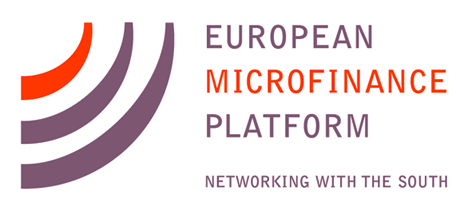 At this presentation on the effects of the COVID-19 pandemic on financial inclusion, which was subtitled “Navigating the Uncharted Sea of Insolvency,” Lucia Spaggiari of MFR (formerly known as Microfinanza Rating) predicted that the solvency challenges brought on – or simply exacerbated – by the pandemic may haunt institutions for the next 10 years. Although she described the solvency challenges of 2020 as “not drastic,” 22 percent of financial services providers (FSPs) in her dataset still significant solvency risk. Ms Spaggiari believes this may increase to as high as 34 percent over the next two years.
At this presentation on the effects of the COVID-19 pandemic on financial inclusion, which was subtitled “Navigating the Uncharted Sea of Insolvency,” Lucia Spaggiari of MFR (formerly known as Microfinanza Rating) predicted that the solvency challenges brought on – or simply exacerbated – by the pandemic may haunt institutions for the next 10 years. Although she described the solvency challenges of 2020 as “not drastic,” 22 percent of financial services providers (FSPs) in her dataset still significant solvency risk. Ms Spaggiari believes this may increase to as high as 34 percent over the next two years.
As for the potential effects on clients, there are clusters of greater risk among: FSPs in sub-Saharan Africa, where 17 percent of institutions are in danger; smaller FSPs, those with assets under USD 10 million; FSPs with

 HDFC Bank, an affiliate of India’s Housing Development Finance Corporation, recently agreed to lend USD 100 million to micro-, small and medium-sized enterprises (MSMEs) in India to support their usage of digital payments, including to adjust to the COVID-19 pandemic. Half of the credit facility is
HDFC Bank, an affiliate of India’s Housing Development Finance Corporation, recently agreed to lend USD 100 million to micro-, small and medium-sized enterprises (MSMEs) in India to support their usage of digital payments, including to adjust to the COVID-19 pandemic. Half of the credit facility is